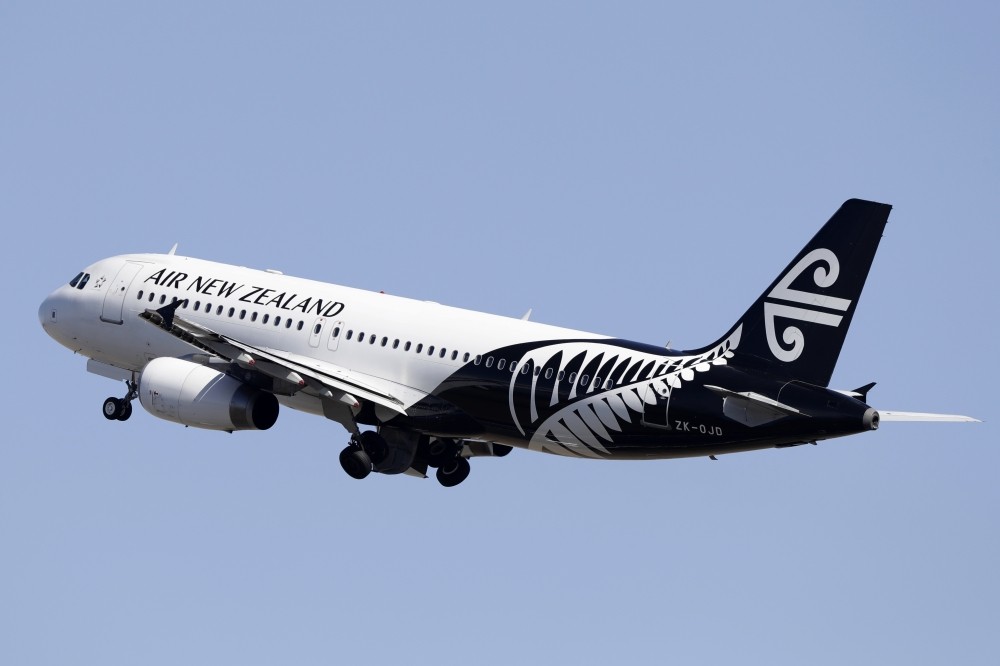31/07/2024
31/07/2024

WELLINGTON, New Zealand, July 31, (AP): Air New Zealand scrapped its 2030 carbon emissions reduction targets on Tuesday, citing lags in producing new planes, a lack of alternative fuel and "challenging” regulatory and policy settings.
The move by the national carrier - one of New Zealand’s biggest companies by revenue - was the highest-profile reversal yet of an airline’s commitments to a UN framework for corporations to stay on track to meet the Paris Agreement on emissions reductions, highlighting the hurdles facing carriers and policymakers in cutting aviation emissions.
"If even Air New Zealand can't do it, it kind of cements the reality that reducing emissions from aviation is an impossible task under the current technical regime,” said James Higham, a sustainable tourism expert at Griffith University in Australia.
Tuesday’s update was a sharp turnaround from a 2022 announcement by Air New Zealand in which it declared itself the second carrier in the world to have its plans validated by the UN’s Science Based Targets Initiative aviation framework. It pledged a 28.9% reduction in carbon emissions 2030, from a 2019 baseline, with a 16.3% drop in absolute emissions.
The airline - which was led until 2019 by the now-Prime Minister of New Zealand, Christopher Luxon - was due to begin progress reports on its 2030 emissions targets during this financial year.
Air New Zealand said it was still committed to a target of net zero carbon emissions by 2050, in line with the Paris Agreement. The carrier would establish new "near-term” emissions reduction targets that would "better reflect the challenges relating to aircraft and alternative jet fuel availability,” CEO Greg Foran said in a written statement.
The airline declined an interview request from The Associated Press.
Global manufacturing and supply chain issues could slow the introduction of more fuel-efficient planes into Air New Zealand’s fleet, Foran said. The "affordability and availability of alternative jet fuels” and global and domestic policy settings are also "outside the airline’s direct control,” he added.
His remarks echoed problems facing the aviation sector worldwide. Air travel makes up about 2.5% of global carbon emissions, but it's one of the most carbon-intensive activities per passenger. Production of more efficient planes is behind schedule and improvements in reducing fuel burn are agonizingly slow.


